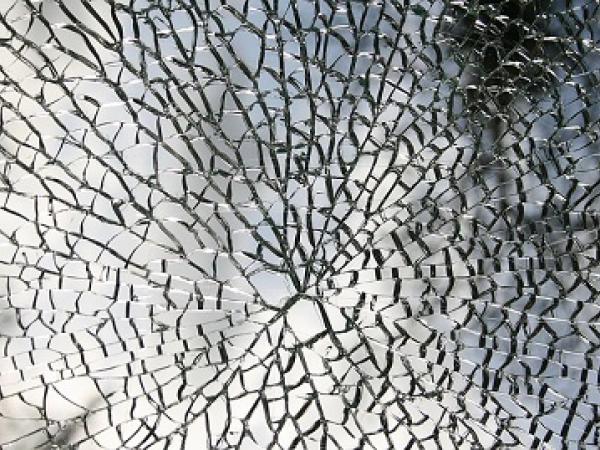
Date: 3 February 2016
Car windscreens, glass partitions, oven doors, glass doors and countless other products are manufactured using toughened glass. But what is it that makes toughened glass so valuable to the construction and manufacturing industry? The science behind toughened glassToughened glass is made from standard annealed glass which has undergone a process of heat treatment known as thermal tempering.The glass is passed through a furnace on a roller table and heated to around 650°C. This takes it past its transition temperature and the glass begins to soften.
Its surface is then rapidly cooled, while internally the glass remains hot. This process creates what is known as centre tension in the glass, and alters its physical properties, resulting in a sheet of glass which can withstand much higher pressures than annealed glass.
The benefits of toughened glass
Toughened glass is four to five times stronger than annealed glass and can withstand surface compression of at least 10,000lbs per square inch (10,000psi). It is also more resistant to thermal breakage.
The change in its structure means that if tempered glass does break, it will crumble uniformly into small fragments or pebbles, rather than splintering as annealed glass does, into what can be dangerous shards.
These qualities clearly make toughened glass invaluable whenever safety is an issue. So, for applications such as car windscreens, glass doors, glass table tops and glass partitions, where shattered glass would pose a safety hazard, using toughened glass is a standard recommendation. Not only is the tempered glass less likely to break because of its increased strength, but even if it does break, it shouldn’t cause injury.
Toughened glass is also easier and safer to clean up if it breaks. The small fragments can easily be swept up and thrown in a rubbish bag, without the fear of any razor-sharp shards hurting anyone.
The increased heat resistance of toughened glass makes it ideal for use in oven doors. It can even withstand a direct flame, so is also suitable for laboratory equipment or cookware.
Are there any disadvantages to toughened glass?
Toughened glass is one of the most useful glass products available, but there are a number of factors to take into consideration. Firstly, toughened glass can’t be re-cut or drilled once it has gone through the tempering process, as this would cause the entire pane to crumble.
A second consideration is that a toughened glass pane will shatter entirely when broken. In certain circumstances, it is beneficial for glass to remain in its frame when broken. For instance, if a window is broken, it is better for most of the glass to stay in the frame, as this could prevent a burglar entering.
However, the advantages of toughened glass far outweigh the disadvantages in most applications.
Tufwell Glass are experts in toughened glass. We have our own dedicated glass tempering facility and can provide toughened glass sheets up to 1600mm x 4000mm in thicknesses between 6mm and 15mm.
If you would like any further advice, or to place an order, call us on 01293 533 533 or email sales@tufwell.co.uk.
 600450
600450

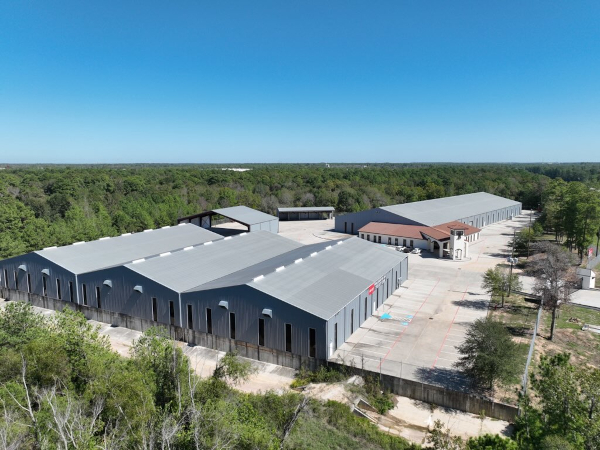

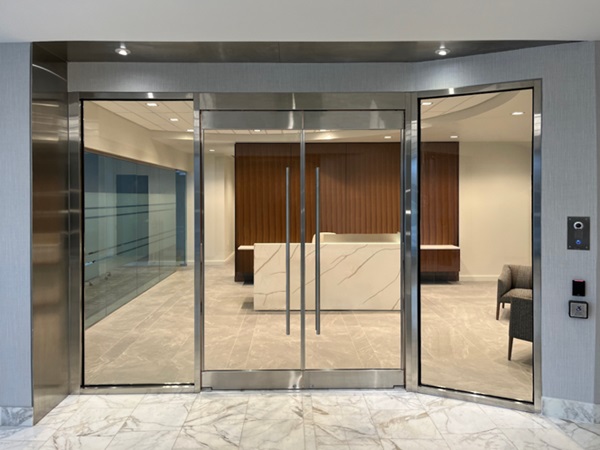












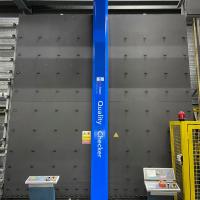
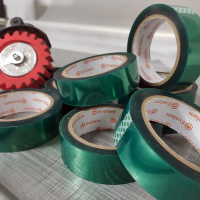

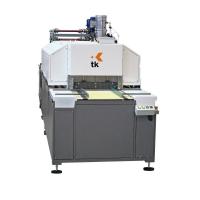


Add new comment